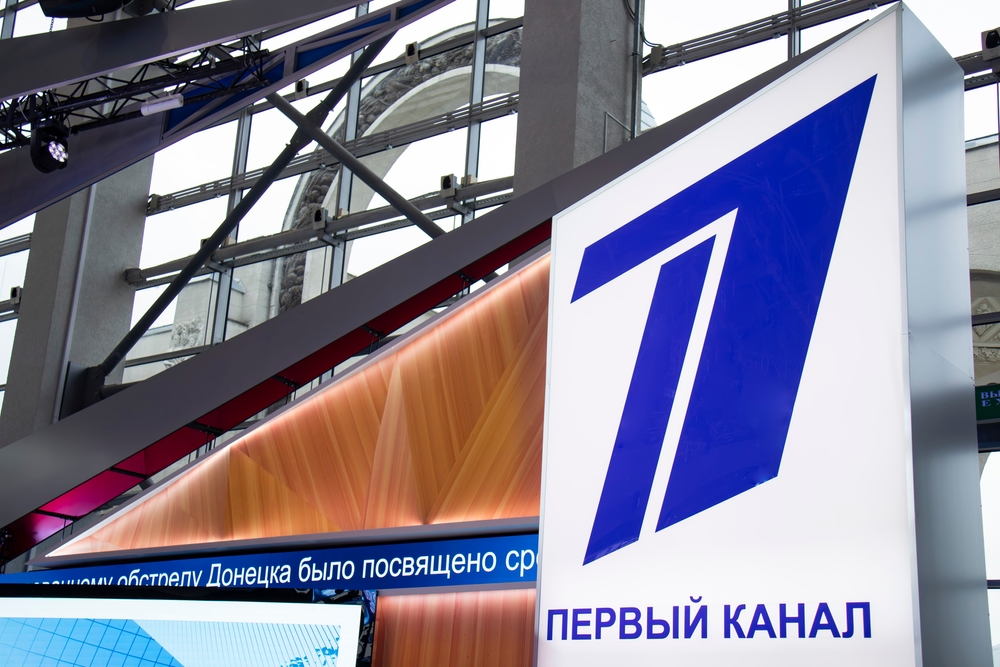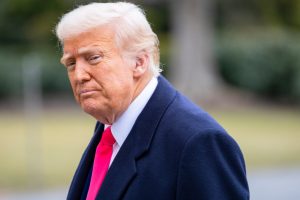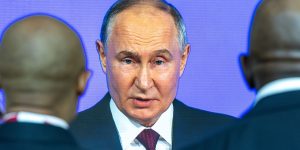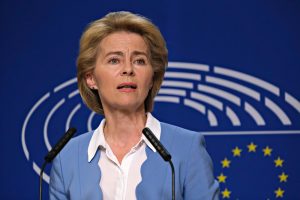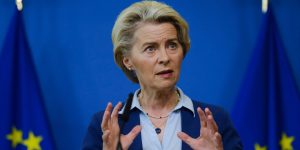Simes became a prominent figure in U.S. foreign policy circles after moving to the United States.
Others are reading now
Russian-born political commentator Dmitry Simes, who currently works as a host on Russia’s Channel One, has been charged by the U.S. Department of Justice with violating U.S. sanctions.
Advisor to Nixon
Simes and his wife Anastasia face up to 20 years in prison for each of three charges related to their alleged involvement in a scheme to evade sanctions, according to the DOJ, according to URA.
Simes, born in Moscow in 1947, became a prominent figure in U.S. foreign policy circles after moving to the United States. He held influential positions, including heading Soviet studies at Georgetown University and advising former President Richard Nixon on foreign policy.
Simes also led the Center for the National Interest, a Washington-based think tank, and was involved in Donald Trump’s 2016 campaign. In recent years, Simes has shifted his career back toward Russia, hosting a political talk show on Russia’s state-controlled Channel One.
Also read
Dismissed by Russia
The charges against Simes stem from a broader U.S. Department of Justice effort to investigate American citizens who collaborate with Russian state media amid heightened tensions between the two countries.
The DOJ initiated a criminal investigation in August, during which they conducted searches of multiple individuals’ homes, including Simes’ and former U.N. weapons inspector Scott Ritter’s.
The DOJ alleges that Simes and his wife laundered over $1 million from Channel One, which is under Western sanctions. Additionally, Anastasia Simes is accused of receiving money from sanctioned Russian oligarch Alexander Udodov to purchase artwork and antiques on his behalf, which were then shipped to Russia.
Simes denies the allegations, claiming the charges are politically motivated and aimed at silencing dissenting voices. Russian authorities have similarly dismissed the accusations as baseless.

